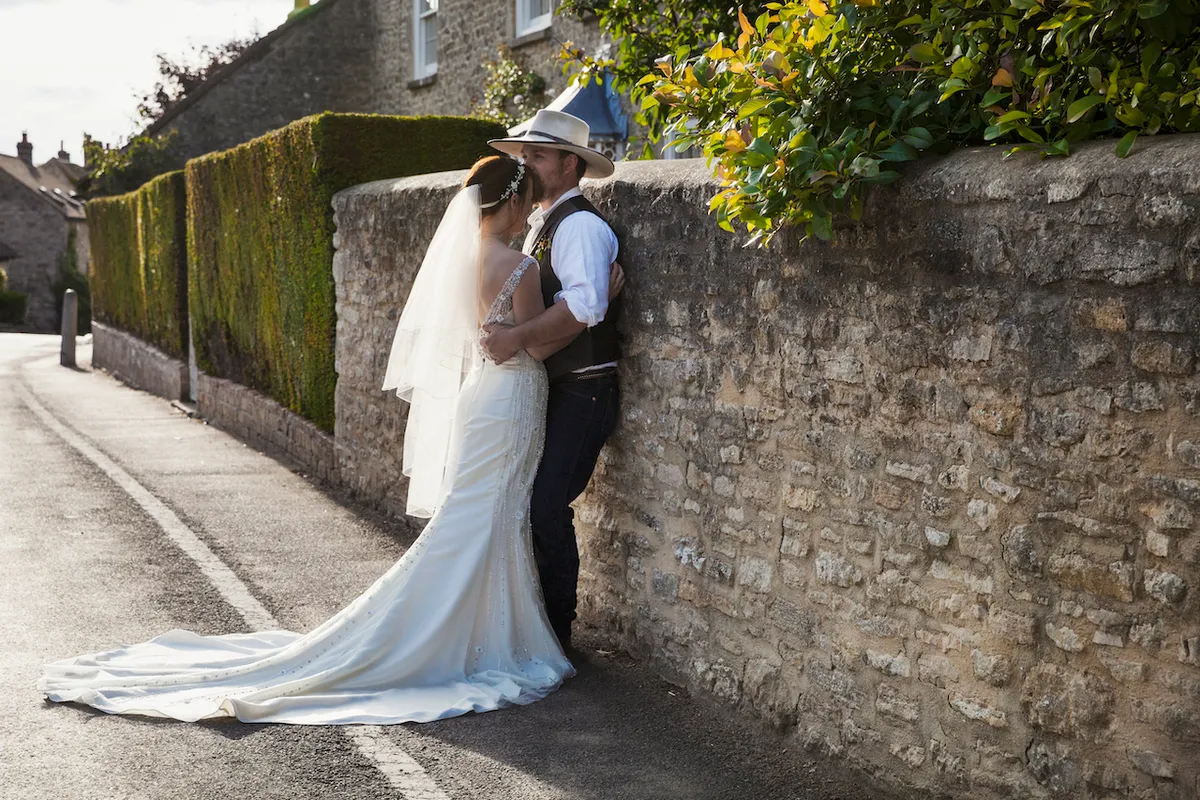Exploring the Different Roles of 'Love': Is Love an Adjective, Noun, Verb, and Adverb?

Are you curious to understand the complexities of language, specifically the varied roles of "love" in English? The word "love" is incredibly multifaceted and versatile. Our article will delve into how it can be used as a noun, verb, adjective, and adverb; offering context through real-life examples for better comprehension.
Let's decode love!
The Different Roles of "Love"
Love can be used as a noun, verb, adjective, and adverb in different contexts and sentences.
As a noun: "All you need is love."
Love stands strong as a noun. It forms the core of our feelings, our wants, and even what we do. When someone says "All you need is love," they mean that love is the key thing in life.
This points out that love can be seen as a person, place, or thing. We see it in how people care for others or show fondness towards each other. Love can be this strong pull that draws two hearts together.
Like magnets pulling to each other but with no force seen by naked eyes!
As a verb: "Mike loved Anna."
Love can also be used as a verb to describe an action or feeling towards someone. For example, in the sentence "Mike loved Anna," love is being used as a verb to show that Mike has strong feelings of affection and care for Anna.
It indicates that he has deep emotions and desires towards her. Love, when used as a verb, represents the action of having a special bond and connection with someone.
As an adjective: "He had a love affair with Mary."
When 'love' is used as an adjective, it describes a noun. For example, in the sentence "He had a love affair with Mary," 'love' is describing the type of affair he had - one that involves love.
It shows that there was strong affection or deep emotion involved in their relationship.
As an adverb: "She loves deeply."
Love can also be used as an adverb, like in the sentence "She loves deeply." When used this way, it describes how someone loves, showing the intensity or depth of their feelings. It tells us that she loves in a profound and sincere way.

Comparing with Other Words
Can other abstract nouns be used as different parts of speech, like "love"? Let's explore the versatility of language. Read more to find out!
Can other abstract nouns be used as different parts of speech? (e.g. freedom, balance)
Abstract nouns can indeed be used as different parts of speech. For example, the abstract noun "freedom" can function as a noun: "She fought for her freedom." It can also function as an adjective: "He wanted to lead a freedom-filled life." Similarly, the abstract noun "balance" can be used as a noun: "Finding balance is important." It can also be used as a verb: "She balanced her work and personal life." So, just like with love, other abstract nouns have the flexibility to take on different roles in sentences.
Is "running" a verb or an adjective?
"Running" is a verb. It describes the action of someone or something moving quickly on their feet. For example, "She is running in the race." In this sentence, "running" shows what she is doing.
It tells us about her action of moving quickly. So, we can say that "running" is a verb because it shows an action.
Understanding the Definitions
Understanding the definitions of noun, verb, adjective, and adverb helps clarify how love can be used in different roles.
What is the difference between a noun, verb, adjective, and adverb?
A noun is a word that names a person, place, thing, or idea. It's something you can see, hear, touch, taste or smell. For example: "love" is a noun because it's an idea or feeling.
A verb is a word that describes an action or state of being. It shows what someone or something does. For example: "love" can also be used as a verb to show how someone feels towards another person.
An adjective is a word that describes or modifies a noun. It gives more information about the noun and helps to make our writing more interesting and detailed. For example: "loving" is an adjective because it describes the kind of relationship someone has with another person.
Can an adjective describe both a noun and a verb?
An adjective can describe both a noun and a verb. When it describes a noun, it tells us more about the qualities or characteristics of that noun. For example, in the sentence "The red car is fast," the word "red" is an adjective describing the noun "car." It tells us what color the car is.
When an adjective describes a verb, it describes how the action of the verb is performed. For example, in the sentence "She runs quickly," the word "quickly" is an adverb describing how she runs.
It gives us information about how fast she runs.
Can an adjective also describe a pronoun?
Yes, an adjective can also describe a pronoun. A pronoun is a word that takes the place of a noun, like "he" or "she." And just like with nouns, we can use adjectives to describe those pronouns.
For example, we can say "She is beautiful" or "He is kind." The adjectives here are describing the pronouns "she" and "he," telling us what they look like or how they behave. So, yes, adjectives can definitely describe pronouns too!
Lessons from My Parents
My parents taught me the importance of finding balance and setting healthy boundaries in relationships.
The mantra of a people-pleaser
For those who identify as people-pleasers, their mantra often revolves around making others happy and avoiding conflict at all costs. They have a strong desire to please others and gain their approval, sometimes even at the expense of their own needs and well-being.
People-pleasers tend to prioritize the wants and desires of others over their own, leading them to put themselves last in order to keep everyone else satisfied. Finding a balance between accommodating others and taking care of oneself is crucial for people-pleasers to maintain healthy relationships and overall well-being.
Finding balance and healthy boundaries
Finding balance and healthy boundaries is crucial when it comes to love. It's important to prioritize your own needs and well-being while still showing care and affection for others.
Setting boundaries allows you to establish limits on what you're comfortable with, which helps maintain a healthy relationship dynamic. Without balance and boundaries, one might find themselves constantly people-pleasing or sacrificing their own happiness for the sake of others.
By finding that middle ground between giving and receiving love, you can ensure a more fulfilling and sustainable connection with those around you.

Conclusion
In conclusion, love is a word that can play many different roles. It can be a noun, a verb, an adjective, or even an adverb. This shows the versatility and depth of this powerful emotion.
By exploring these different roles, we can gain a better understanding of the complexities of love and how it impacts our lives.
Get legally married online
In partnership with Courtly, get legally married online.
From start to “I do.” Courtly team is fully committed to the cause: getting you married. They've done more remote weddings than anyone. Thousands of couples have counted on Courtly and we know what it takes to secure your legal marriage certificate.
Also, enjoy an exclusive discount available only to the MarryOnChain community! Use code MARRYONCHAIN to get $75 off your wedding.
RelatedRelated articles
All posts

